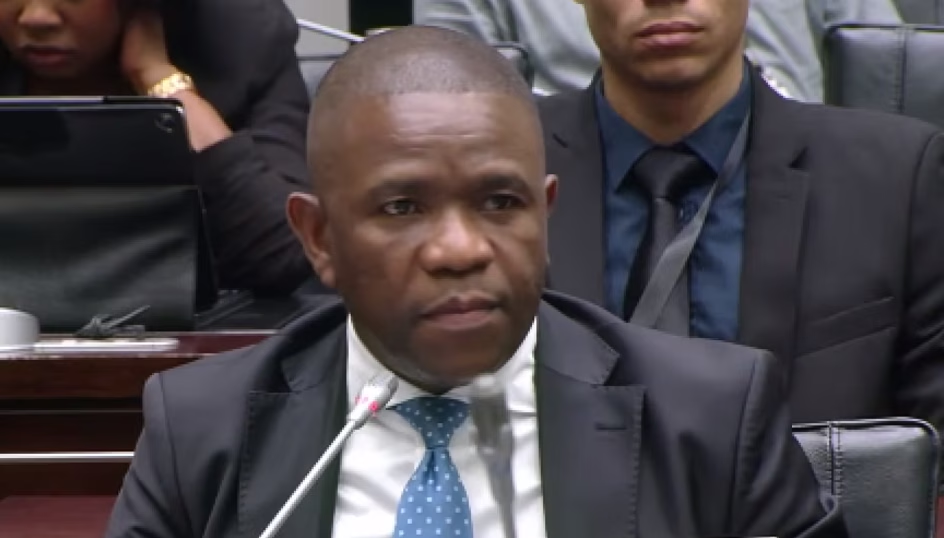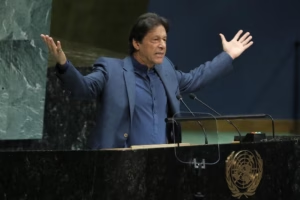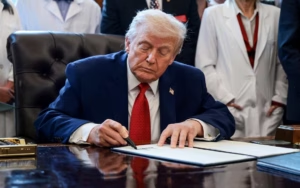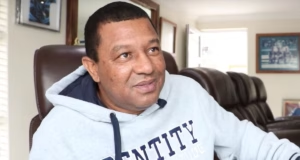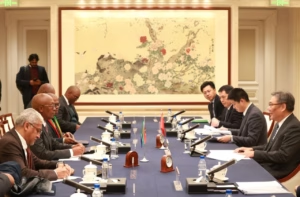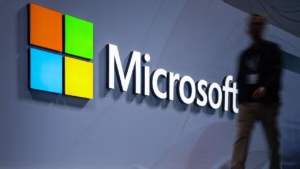KwaZulu-Natal Police Commissioner, Lieutenant-General Nhlanhla Mkhwanazi, has sparked a national debate after alleging that certain journalists are being “captured” by rogue members of Crime Intelligence to advance hidden agendas through their reporting. His comments came during testimony before Parliament’s ad hoc committee investigating criminality within the South African Police Service.
During his appearance on Wednesday, Mkhwanazi named City Press journalist Abram Mashego, accusing him of publishing misleading information about the police commissioner. He claimed that Mashego’s report was based on what he called unsolicited and inaccurate claims.
Dispute Over A Reported “Legal Stab”
At the heart of the controversy lies a media inquiry sent by Mashego concerning what he described as “a legal stab” allegedly initiated by General Shadrack Sibiya against Mkhwanazi. The Police Commissioner told the committee that this supposed legal action never materialised, raising questions about why such claims were reported in the first place.
Mkhwanazi expressed frustration over what he viewed as a deliberate attempt to misrepresent him. He told Members of Parliament that he had taken a screenshot of Mashego’s message to share with a colleague, but that copy was somehow leaked onto social media, intensifying public scrutiny of the issue.
Call For Accountability Within The Media
Mkhwanazi went further to urge Parliament to establish systems capable of holding journalists accountable for spreading what he described as false or misleading stories. He argued that journalists who knowingly publish such material should face strict consequences.
He cautioned against the dangers of unrestricted media freedom, stressing that freedom of the press must be balanced with responsibility.
“To say that it’s gospel whatever they say — it’s wrong. It cannot be like that… There has been a lot of pushback indirectly through the journalists, a lot of media stories written.”
Journalists “Changing Their Tune”
When questioned about the role of the media in the broader controversy, the Police Commissioner claimed that some journalists who had previously written critical articles about him had begun reconsidering their stance.
“Some of those journalists who wrote bad things, they are starting to change their tune, and they start connecting the dots themselves.”
Despite his criticism, Mkhwanazi maintained that his intention was not to discredit the journalism profession as a whole. He clarified that he does not believe all journalists are involved in spreading misinformation, but rather that a few may have become entangled in the agendas of rogue officers.
Broader Debate On Media Ethics
Mkhwanazi’s remarks have reignited long-standing concerns about the relationship between the media and state institutions in South Africa. His testimony adds to the growing conversation about how journalists source their information, verify their facts, and maintain independence in an era of political and institutional tension.
While critics of the commissioner may view his comments as an attempt to intimidate the press, supporters argue that he raises valid questions about ethics, accountability, and misinformation within journalism.
City Press journalist Abram Mashego has not yet publicly responded to the allegations made against him.

